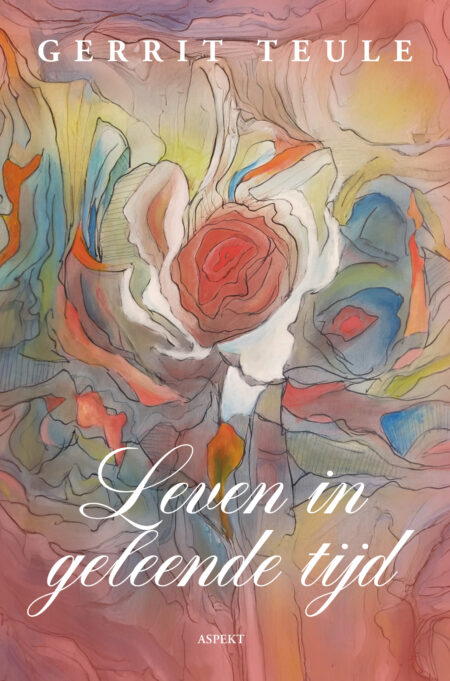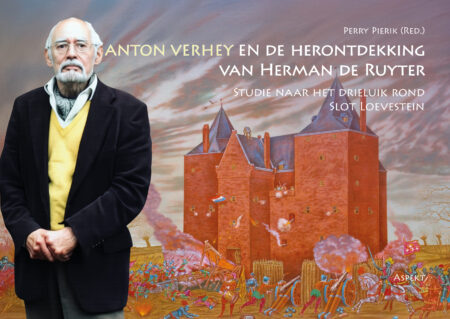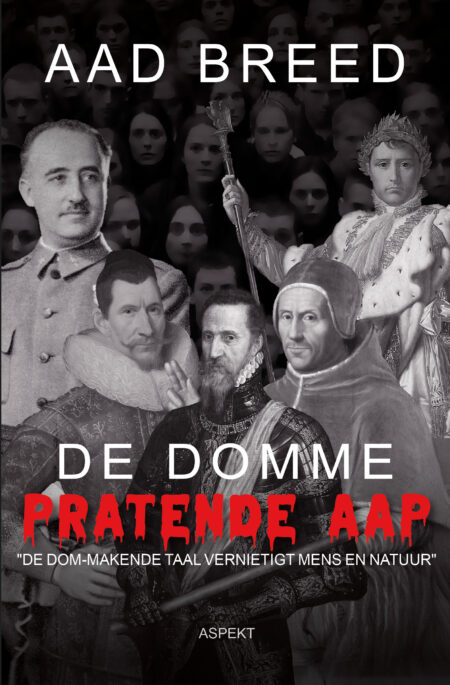-
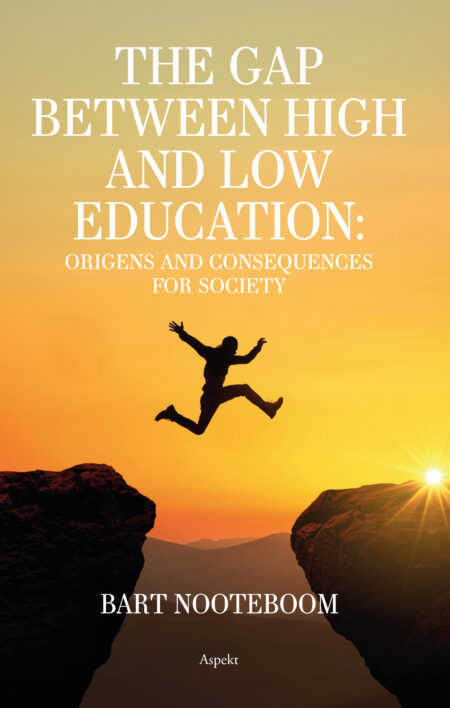
The gap between high and low education
0€ 14,95The gap between high and low educated has a long history, since the Renaissance in the 16th century, and she still grows. She creates discrimination and prejudice, and is accompanied by a gap in income.
In the 20th century there appeared to be a rebirth of humanism, in the cultural revolution of the 1960’s, but that faded away when the ‘babyboomers’ joined the game of the established order.
The gap is fatal, not only for the low educated, but for society as a whole, including the high educated. Growth of understanding, knowledge and skill requires assimilation and accommodation, and the gap limits this. For a flou-rishing society, a connection between theory and practice is needed.
-
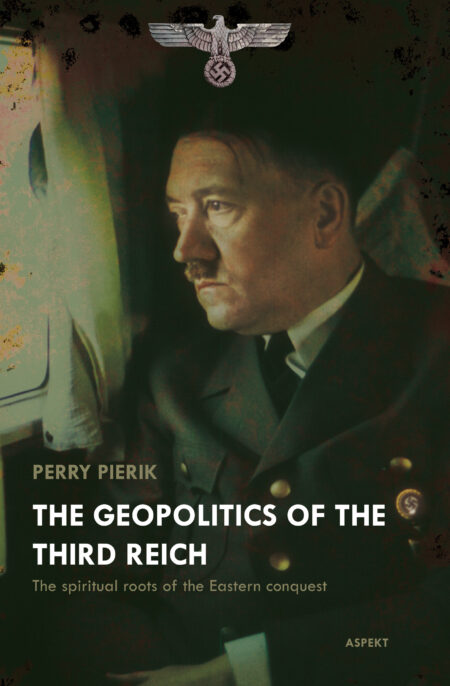
The Geopolitics of the Third Reich
0€ 29,95Besides the persecution and annihilation of the Jewish community, the quest for Lebensraum was a pillar of the Nazi’s ideology. The march east, operation ‘Barbarossa’ (1941), was essentially the final part of the geopolitics of the Third Reich. Historian Pierik takes readers into the world of ideas behind these politics, where cold blooded, rational elements go hand in hand with myths and radical beliefs.
-
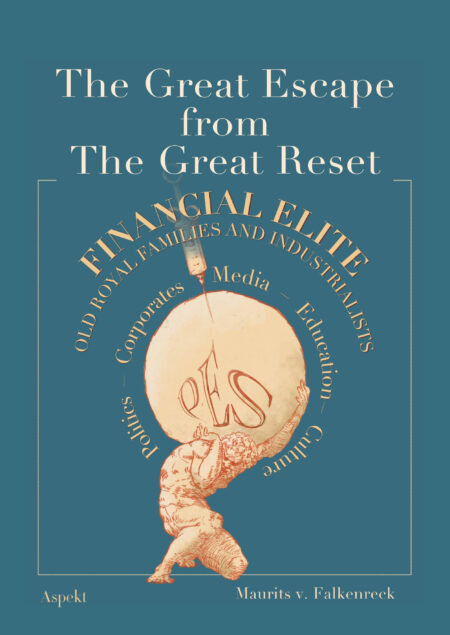
The great escape from the great reset
0€ 27,95Maurits v. Falkenreck provides a compelling analysis of society through his groundbreaking model, the Political Ecosystem, uncovering how power and influence intertwine in a world shaped by financial elites and supranational organizations such as the WEF, IMF, World Bank, NATO and United Nations. These agendas ripple through politics and industry, creating structures designed to manage society and address crises—though often contributing to their emergence as well. Media, education, and corporate forces act as channels that sustain and reinforce this carefully constructed reality. I would stress how power structures leverage the immense influence of spontaneous order. While societal cohesion is often perceived as something meticulously managed, it is equally driven by humanity’s innate tendency to self-organize into communities.
-
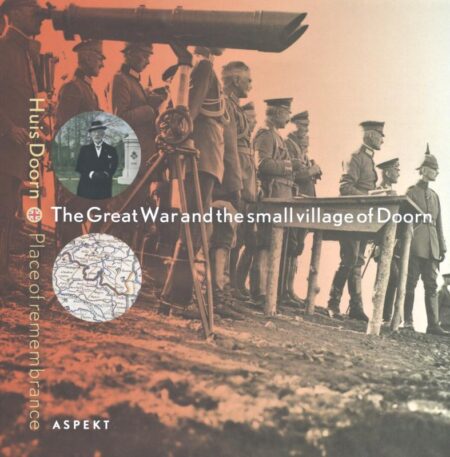
-
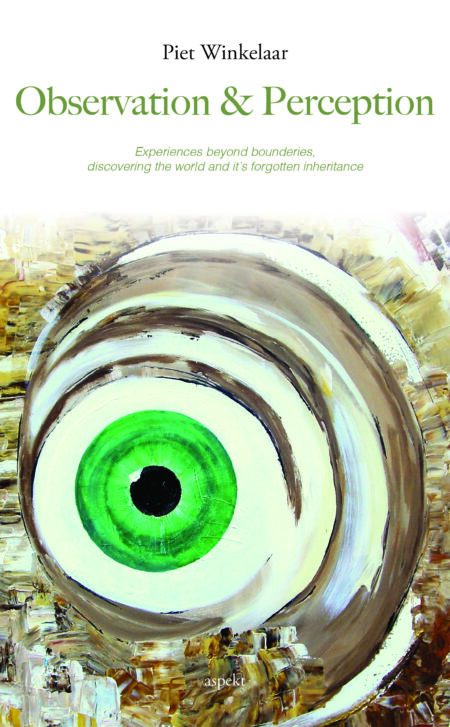
The important difference between looking and seeing
0€ 19,95The distant ancestors from Egypt and India spoke of the veil of Isis or Maya. It is the mother (Isis, Maya) who gives life and teaches a child to look. She offers words and customs that guide us towards a world we discover and form. However, in order to see you must lift that veil. Other people cannot do that for you. You have to experience and discover the world behind the words and through the acquired habits, in doing so lift the veil of Isis and start to see. This subsequently changes the way one looks and experiences the world. In addition, it offers new opportunities in art, politics, and science.
-
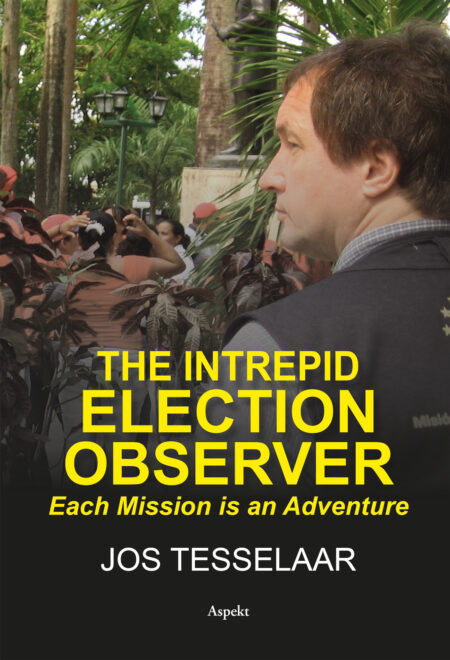
The intrepid Election Observer
0€ 24,95Democracy does not solve all the problems in the world, but democracy is always better than dictatorship. To promote credible elections, the EU, OSCE, Carter Centre, AU, OAS and many other organizations field international election observers. These observers are a special kind of people. They go where nobody else goes. To the local people in far-off provinces they are a shining light. To (semi)dictators it means that there are limits as to what they can get away with. In this book, journalist Jos Tesselaar describes the twenty observation missions in which he participated in Africa, Latin America and Asia over a period of 25 years. The book is not only about elections, but also about interpersonal and intercultural relations as well as physical hardships, like extreme heat, extreme cold and life threatening situations. After all: each mission is an adventure.
-
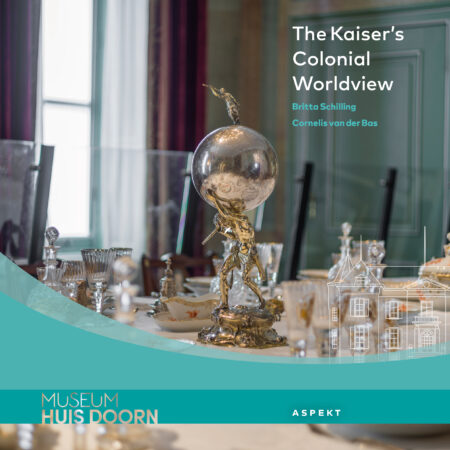
-
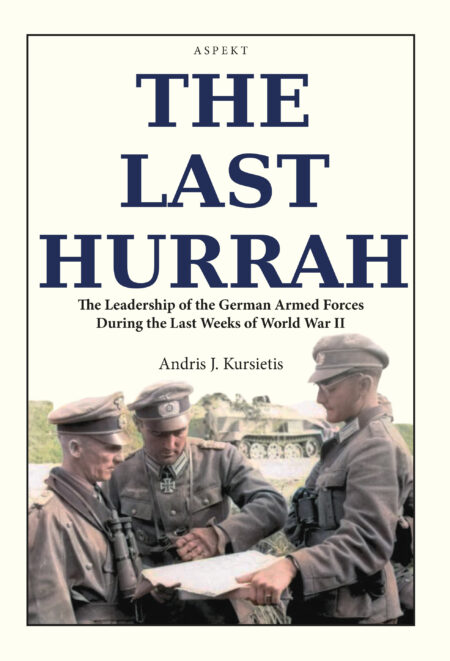
-
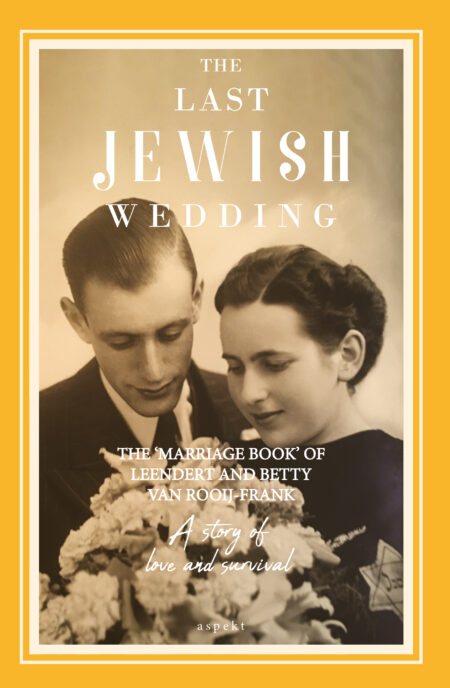
The Last Jewish wedding
0€ 22,95They get married at the Utrecht synagogue two weeks after meeting for the first time. The bride’s earlier fiancé has taken his life during the first week of the occupation. With many other Jewish Dutchmen the groom’s parents have already been arrested, before being transported to extermination camps. More than a hundred friends and family, many with a yellow Star of David, attend the reception. The cou-ple escape twice from the Dutch Theatre where the Germans hold Jews in custody pending transport to Westerbork transit camp, to become master forgers while in hiding: Betty and Leendert, the happiest couple on earth, surviving the on-slaught by sheer guts, optimism, mazzel, and with the help of Good Samaritans.
-
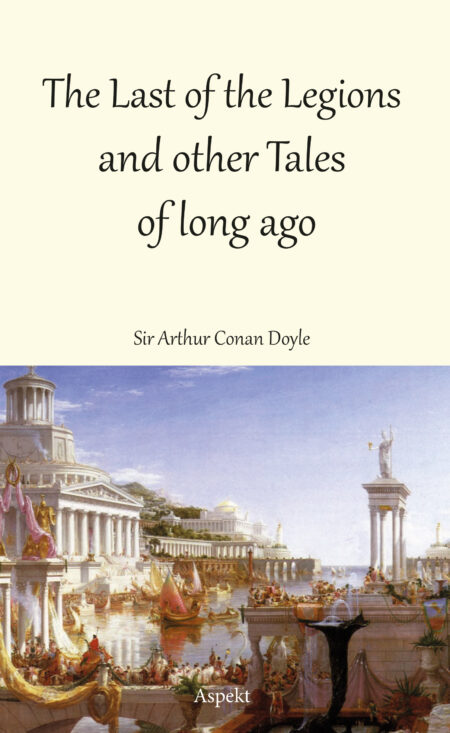
The Last of the Legions and other Tales of long ago
0€ 22,95The Last of the Legions and other Tales of long ago is a volume collecting 13 short stories written by Artur Conan Doyle, first published in 1922 by John Murray. The stories covers various centuries from Antiquity to first millenary. Sir Arthur Ignatius Conan Doyle, DL (1859-1930) was a Scottish author. He is most no-ted for his stories about the detective Sherlock Holmes, which are generally considered a major innovation in the field of crime fiction, and for the adventures of Professor Challenger. He was a prolific writer whose other works include science fiction stories, historical novels, plays and romances, poetry, and non-fiction.
-
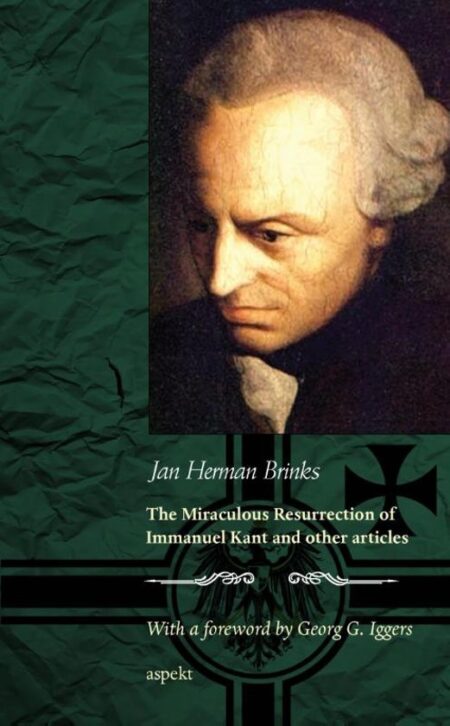
The miraculous resurrection of Immanuel Kant and other articles
0€ 18,95The present volume makes an important contribution to the analysis of the political scene in Germany in the years since the end of the Cold War, pointing out dangers to democracy primarily from the Right but also from the Left. It is a contribution to scholarship that these important articles which appeared in a variety of journals are now accessible to a broader public.
-
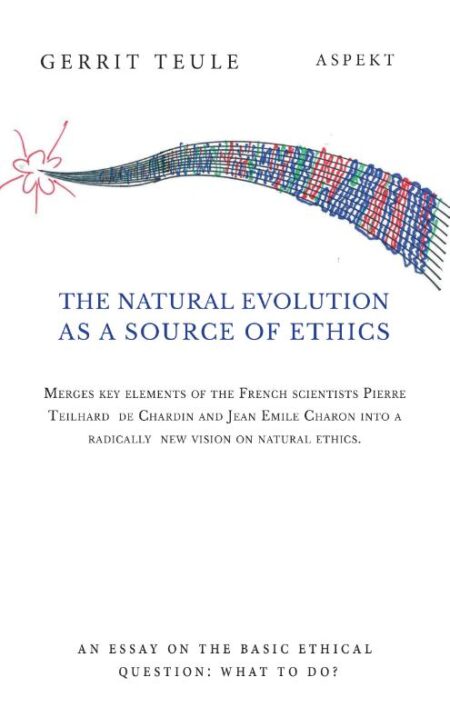
The natural evolution as a source of ethics
0€ 17,95An important question in the philosophy of ethics is the simple and practical question: What to do? This applies not only to personal decisions, but also to decisions to be taken by a community, a country, a continent or even a decision at a global level. In order to answer that question, knowledge of good and evil is necessary, and this knowledge is therefore also part of ethics.

